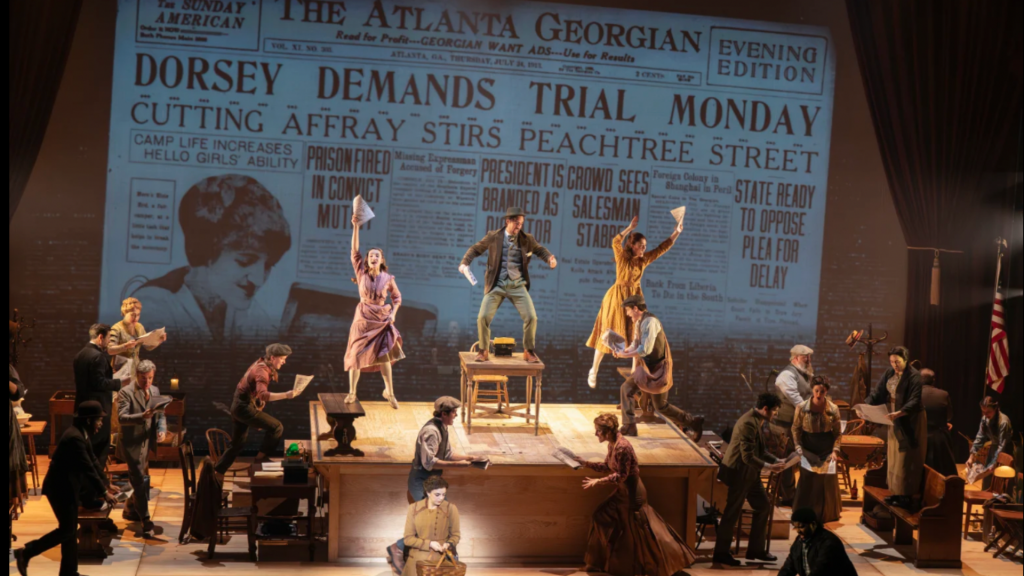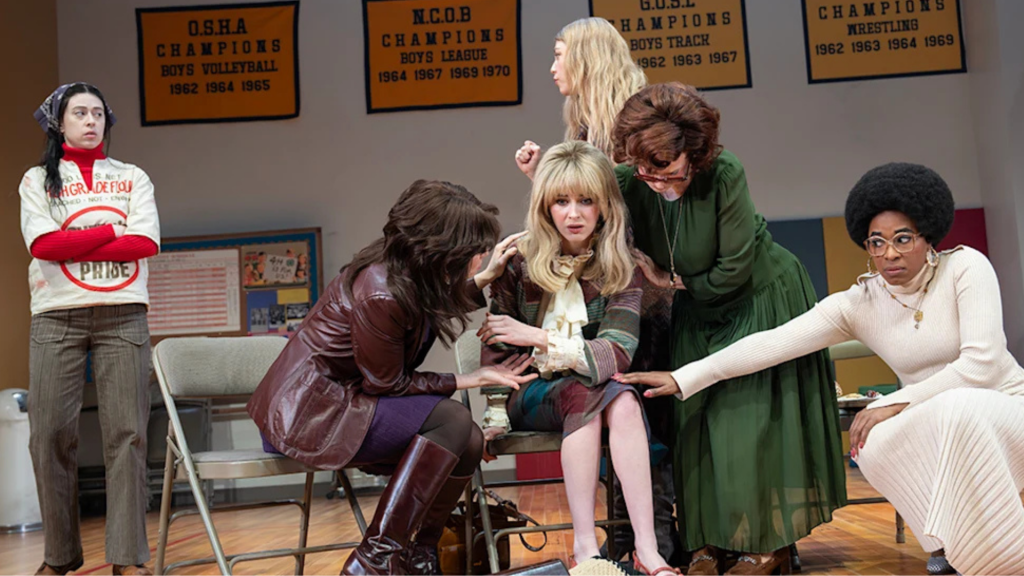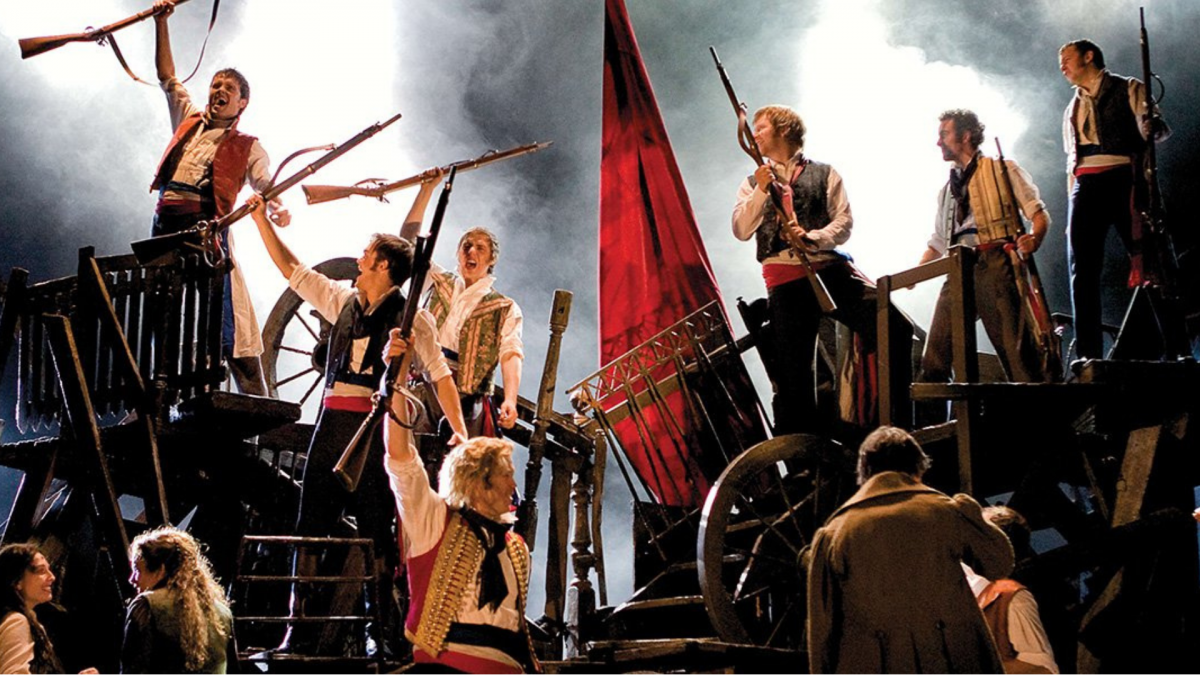Across decades, Broadway has proven that the stage can be a powerful place for protest. From groundbreaking musicals to provocative plays, these productions turned resistance into art, reminding audiences that theatre has always had the power to challenge, inspire, and spark change.
Hair: Flower Power, Anti-War, and Social Revolution
From its opening, Hair broke the mold. Against the backdrop of the Vietnam War and a rapidly changing America, Hair brought anti-war sentiment, sexual freedom, and racial integration into Broadway’s spotlight. Songs like “Aquarius” and “Let the Sunshine In” became anthems for a generation disenchanted with traditional norms. It wasn’t just a show, it was a movement, embodied night after night in public protest, civil disobedience, and counterculture style.
Les Misérables: Barricades That Resonate Across Time
Set in 19th-century France but speaking to so many modern struggles, Les Misérables became a perennial symbol of revolution and unity. The iconic moments, including the barricade scenes into “Do You Hear the People Sing?”, transforms political despair into collective hope. It deepened with every revival, every global protest, carrying forward the message that when the few oppress the many, resistance is inevitable.

Parade: Unearthing Injustice, Out in the Open
Parade tells the true story of Leo Frank, a Jewish industrialist in the early 1900s who was wrongly accused, tried, and lynched in Georgia. The musical forces audiences to confront racism, antisemitism, and miscarriage of justice, not through allegory, but through character, testimony, and heartbreak. The 2023 Broadway revival brought even more urgency, with protesters outside the theater echoing the very biases Parade indicts, proving that the past is never as far behind us as we might like to think.

John Proctor Is the Villain: Rewriting the Myth for Today’s Reckonings
Kimberly Belflower’s John Proctor Is the Villain reframes The Crucible’s Salem mythos in a rural Georgia high school, between teenage girls and their complicity, accusations, and silences. The play becomes protest theatre. It interrogates gender, power, and the legacy of witch hunts, literal and metaphorical. It’s a sharp reminder that the stories we’ve inherited aren’t neutral; they shape what we accept or fight against.

Liberation: Reclaiming Feminist Voices
In Bess Wohl’s Liberation, six women convene in a 1970s Ohio rec center to form a consciousness-raising group. Through candid conversations about their lives, the play delves into the complexities of second-wave feminism, memory, and generational change. Praised as “the best play I’ve seen this season” by Vulture, Liberation intertwines personal narratives with broader social movements, highlighting the enduring relevance of feminist activism. Liberation is in performances at the James Earl Jones Theatre through January 11, 2026: https://liberationbway.com/
These Broadway moments remind us that protest takes many forms, and that art, at its most fearless, can move hearts and minds.
